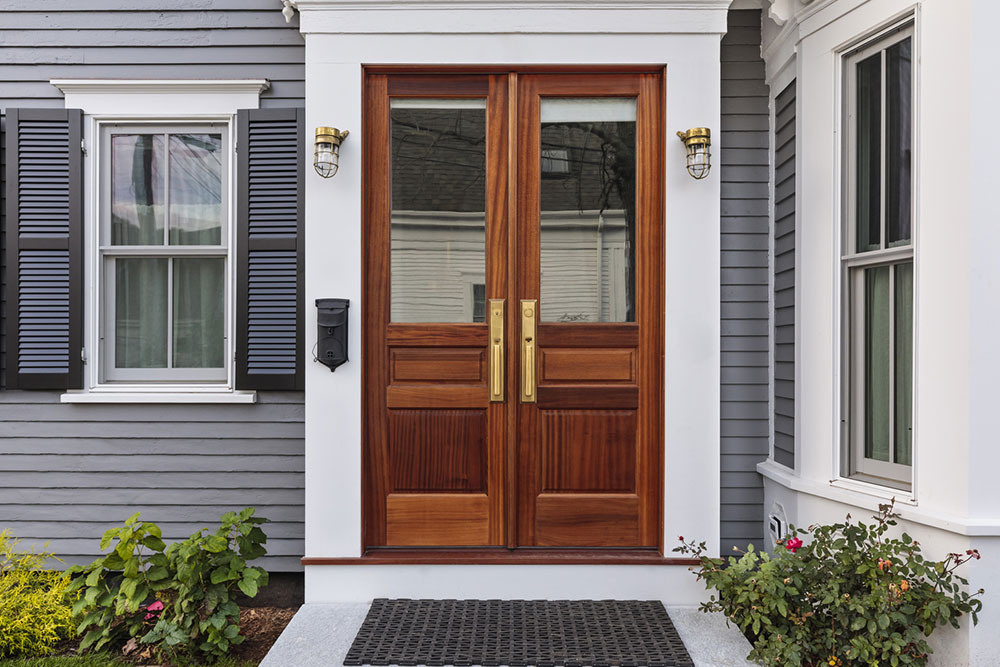3 mistakes to avoid when choosing a front door

The front door of a house creates a first impression for outsiders as well as acts as a welcoming portal to the residents’ personalities. Having the right front door enhances many aspects of a house, including aesthetics, safety, and privacy. So, it is important for homeowners to choose the right front door. Making certain mistakes when choosing a front door can have bad consequences for homeowners and dampen their mood.
Not choosing the right material
Having the right material for a door is as important as the overall choice of door. Certain factors determine how good or bad a particular material would hold up for specific homes. For example, if a home is located in a rainfall-prone area, then choosing wooden front doors may not be the best idea . Similarly, one must consider climatic conditions such as sunlight, snow, and humidity before selecting the front door for their home. If a door with an unfavorable material is installed, the overall durability and reliability factor of the front door will be greatly impacted.
Ignoring energy efficiency
Energy-efficient doors are useful to reduce the overall power consumption of a house and, in that way, reduce the electricity and other utility bills for the homeowner . Just like energy-efficient windows, energy-efficient doors are great for both homeowners (through reduced energy consumption, improved air circulation, and lowered costs) as well as the environment (energy-efficient doors are made considering sustainability.) So, purchasing and installing these kinds of doors helps reduce overheating and other elements that adversely affect the environment for house residents, the people living nearby, as well as the plants and animals in the immediate vicinity of the home and faraway locations.
Skipping door measurements
Purchasing a door before measuring the dimensions of one’s home and door pane is a mistake tha t will cost peop le hundreds of dollars. Buying a do or , and then finding out that it does not fit the house door spaces adequately can result in frustratio n.